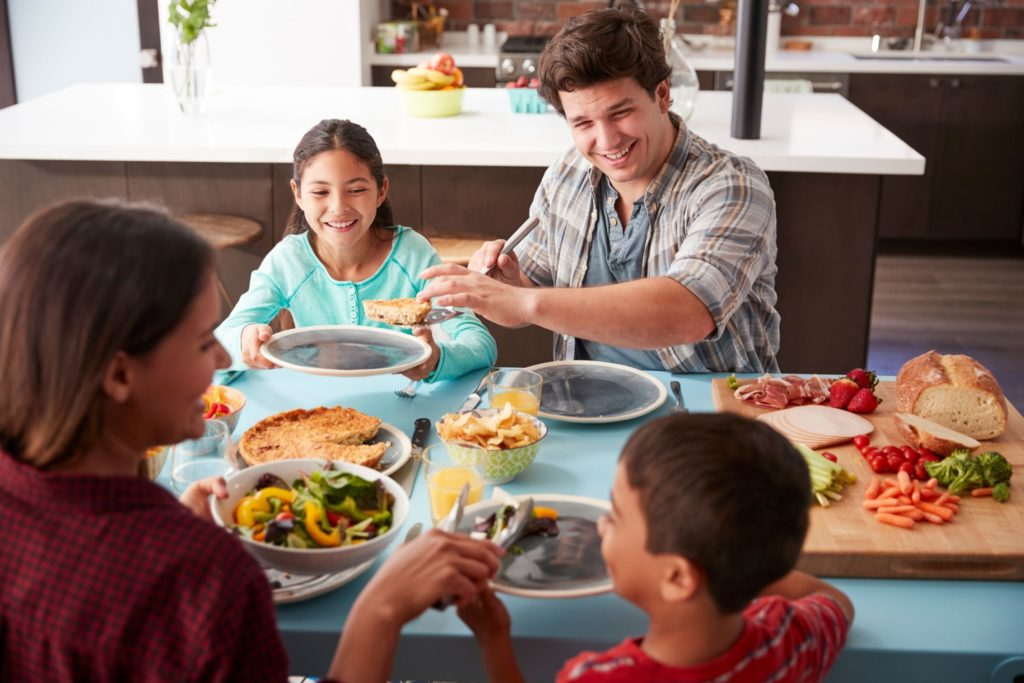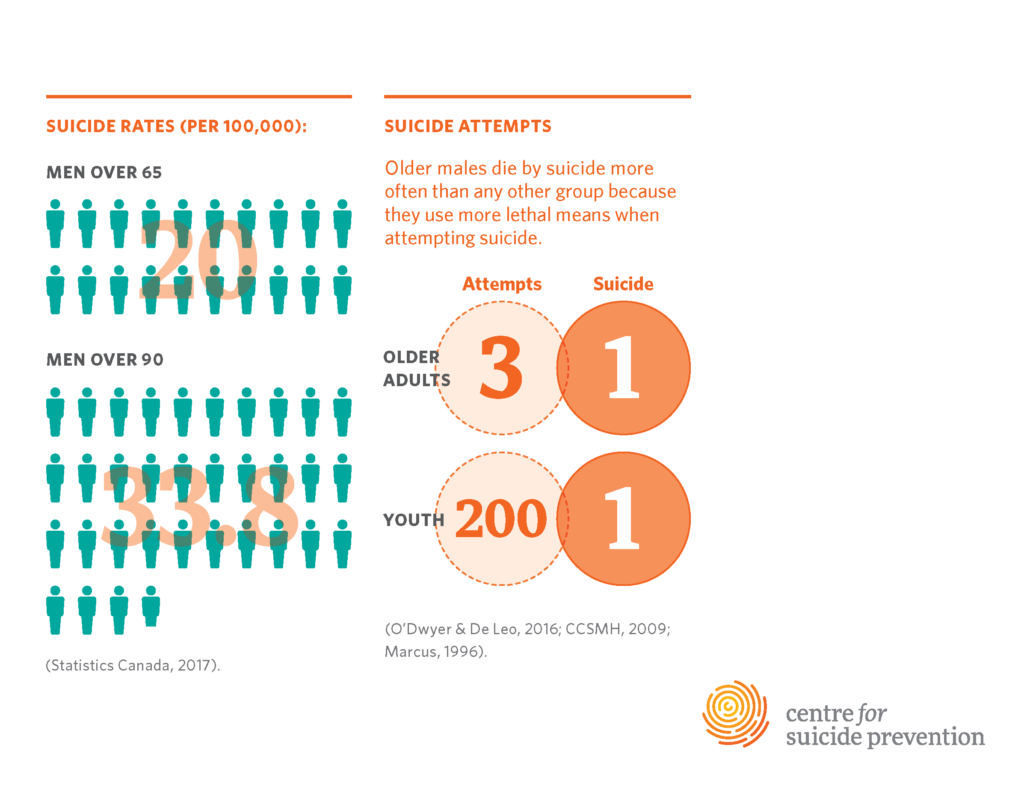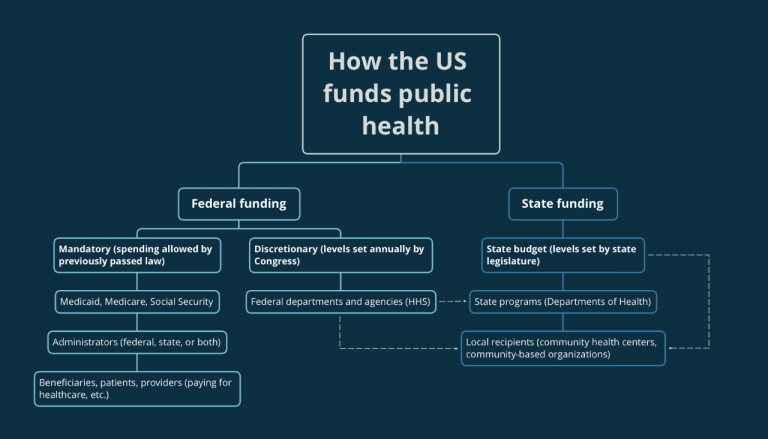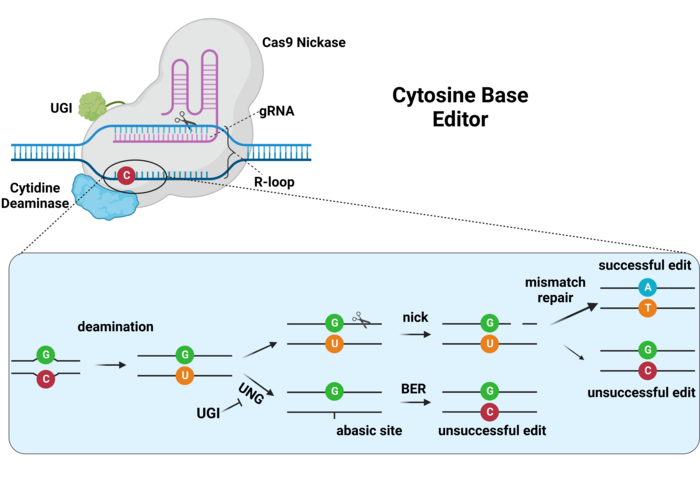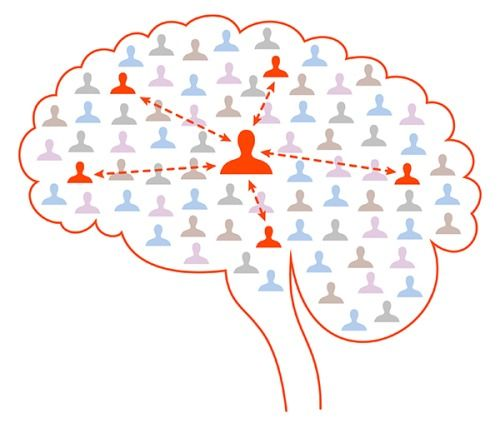Shared meals and happiness create a vital connection that transcends mere dining; they embody a profound social experience that significantly enhances our well-being. Recent studies highlight how communal eating can elevate life satisfaction and foster positive emotions, demonstrating that the act of sharing meals is nearly as telling of our happiness as our financial status. In a world increasingly defined by isolation, the benefits of social dining have never been more crucial, making it imperative to explore the role of shared meals in our daily lives. Those who regularly gather around the table experience a sense of belonging and connection, vital components of happiness studies that advocate for the importance of relationships in our well-being. As society grapples with rising levels of loneliness, understanding how meals and happiness intertwine offers a pathway to reconnect through the joys of shared dining.
The concept of collective dining resonates deeply with the idea of enhancing joy and fulfillment through social interactions during meals. Exploring the connections between food, fellowship, and emotional wellness reveals the significant advantages of communal eating experiences. This interplay highlights how engaging in social connection dining can promote not just personal happiness but also community ties, reinforcing the necessity for shared meals in our increasingly fragmented lives. Observations suggest that integrating more social rituals around dining could lead to improved psychological well-being, as supported by various happiness theories. Fostering environments where people share meals can serve as a powerful strategy for enhancing overall life satisfaction and reducing feelings of isolation.
The Connection Between Shared Meals and Happiness
Dining together is more than just a cultural practice; it functions as a vital social activity that fosters connections between individuals. Studies focused on meals and happiness suggest that people who share food experience greater satisfaction and positive emotions in their lives. This phenomenon highlights how social dining benefits not only our palate but also our overall well-being. When individuals gather around a table, they exchange laughter, stories, and life experiences, all of which contribute to a sense of belonging and happiness.
Moreover, the impact of shared meals transcends demographic barriers. Research has demonstrated that people of all ages, genders, and cultural backgrounds report higher levels of happiness when dining with others. This universality indicates that the benefits of social connections formed during meals are foundational to human experience. The implications of this relationship are profound, suggesting that social connection dining can enhance both mental and emotional well-being, making it imperative that communities foster environments conducive to shared dining.
Social Dining Benefits for Mental Health
Recent studies have uncovered significant links between social dining and improved mental health outcomes. Engaging in meals with family and friends serves as a protective factor against feelings of loneliness and isolation, reinforcing the importance of communal eating in our lives. Happiness studies underscore that those who frequently share meals are less likely to experience depression and anxiety. They create strong support systems around the dining table, which can encourage resilience and promote mental well-being.
Moreover, the act of sharing meals can trigger the release of endorphins and oxytocin, hormones responsible for feelings of joy and connectedness. This biological response further emphasizes why well-being through meals is an essential aspect of a healthy lifestyle. As individuals break bread together, they also solidify their emotional bonds, building a community that thrives on mutual support and shared joy. Encouraging these practices in family and community settings could significantly enhance public mental health.
Trends in Meal Sharing and Their Implications
Despite the proven benefits of shared meals, trends indicate a decline in communal dining experiences among Americans. The data from the American Time Use Survey suggests that more individuals are dining alone, which raises concerns about the broader implications for societal well-being. With significant shifts in lifestyle and work patterns, the opportunity for shared meals is diminishing, leading to a potential increase in loneliness and social isolation.
To counter this trend, it’s essential for policymakers and communities to think creatively about how to encourage social dining. Creating community events centered around meals could foster greater social interactions and promote happiness among residents. From potluck dinners to organized food festivals, these initiatives can reignite the joy of shared meals, ultimately enhancing well-being and strengthening social ties. By recognizing the importance of communal dining, we can work towards bridging the gap created by increasing individualism.
The Role of Community in Enhancing Well-Being Through Meals
Communities play a pivotal role in facilitating opportunities for shared meals and, consequently, happiness. When communities prioritize spaces for communal dining, they promote an environment where individuals can connect, share stories, and build relationships. Functions such as farmers’ markets, community dinners, and family-style restaurant concepts can enhance social interaction, reinforcing the idea that meals are best enjoyed in the company of others.
Additionally, community programs aimed at bringing people together through cooking and shared meals can improve overall well-being. Initiatives that involve cooking classes, meal preparation events, or even dinner exchanges can foster a sense of belonging and shared purpose. By investing in community and social connection dining initiatives, we can work towards combating isolation while promoting health and happiness through shared meals.
Exploring Happiness Studies and Shared Dining
Happiness studies have increasingly turned their focus to the dynamics of shared meals, revealing correlations that often surprise researchers. The data suggests that shared dining experiences are as predictive of happiness as various socio-economic factors. This realization has opened new avenues for understanding how shared meals can contribute to personal well-being, leading researchers to advocate for policies that encourage social dining.
Furthermore, the context surrounding meals is significant. For instance, meals filled with laughter and storytelling tend to facilitate deeper connections than silent, distracted eating experiences. This indicates that not just the act of sharing meals, but the quality of those interactions, plays a vital role in contributing to happiness. Therefore, understanding the aspects of social dining can greatly influence public well-being initiatives aimed at nurturing community ties and enhancing life satisfaction.
Encouraging Shared Meals as a Policy Initiative
Given the correlations between shared meals and happiness, it is becoming increasingly clear that governments and organizations should consider incorporating communal dining into their policy agendas. Policies that promote family meal times, community dinners, and shared public dining spaces could be instrumental in addressing issues related to social isolation and mental well-being. Collaborative efforts that engage citizens in communal events can bolster social networks and bring diverse groups closer together.
Furthermore, educational campaigns highlighting the benefits of shared meals could effectively raise awareness and promote community engagement. Restaurants, businesses, and local organizations can collaborate to create programs that encourage people to dine together and strengthen their ties. By prioritizing meal sharing as a vehicle for fostering happiness, communities can build a healthier, happier society where everyone feels valued and connected.
The Impact of Cultural Practices on Meal Sharing
Cultural practices surrounding meals can significantly impact how individuals perceive and engage in shared dining experiences. Different cultures may prioritize family meals at certain times, such as Sunday dinners or holiday gatherings, which can strengthen bonds and create shared memories. Understanding these cultural nuances can offer valuable insights into how shared meals can enhance well-being across various demographics.
Moreover, as globalization introduces a mix of traditions and culinary practices, communities can adopt inclusive meal-sharing practices that celebrate diversity. Encouraging multi-cultural potluck events or cooking classes can help foster appreciation for different cuisines while facilitating social connections. These culturally rich shared meals create a tapestry of flavors and experiences, serving as a powerful reminder of our shared humanity and the joy that comes from coming together around the dining table.
Future Research Directions on Shared Meals and Happiness
As researchers continue to explore the relationship between shared meals and happiness, future studies may focus on determining causation versus correlation. Understanding whether sharing meals contributes directly to increased happiness, or if happier individuals tend to share meals more, is essential for developing effective interventions. Research methodologies that incorporate both subjective and objective measurements will be crucial for painting a comprehensive picture of this relationship.
Additionally, as social behavior evolves in the post-pandemic world, investigating the changing dynamics of meal sharing will become increasingly relevant. Factors such as technological influences, remote work trends, and wellness movements may shape how individuals perceive shared dining in the future. By continuing to study these interactions, researchers can provide valuable insights into fostering community, happiness, and well-being across generations.
The Importance of Family Meals in Promoting Happiness
Family meals are an integral part of fostering happiness within households. Research has shown that regular family mealtimes are associated with higher levels of well-being and decreased risks of mental health issues among children and adolescents. These meals offer opportunities for parents and guardians to engage with their children, share life lessons, and build emotional resilience. The consistent practice of gathering for meals reinforces family bonds and encourages open communication.
Additionally, the role of family meals extends beyond the immediate household. Engaging extended family members during gatherings can further enrich these shared experiences, creating a larger support network that contributes to individual happiness. By prioritizing regular family meals, we invest in the emotional and psychological well-being of individuals, emphasizing the long-term benefits of communal dining practices.
Frequently Asked Questions
How do shared meals influence happiness levels?
Shared meals have a significant positive influence on happiness levels. Studies indicate that individuals who regularly dine with others report higher life satisfaction and express more positive emotions compared to those who eat alone. The correlation between shared meals and happiness suggests that social connections fostered during these meals play a vital role in enhancing overall well-being.
What are the social dining benefits for mental well-being?
The social dining benefits for mental well-being include increased feelings of happiness, reduced feelings of isolation, and improved emotional connections with others. Engaging in shared meals allows individuals to build relationships, share experiences, and create a sense of belonging, all of which contribute to enhanced happiness and mental health.
Are there happiness studies linking meals and social connection?
Yes, happiness studies have increasingly linked meals and social connection. Research shows that sharing meals can serve as a strong indicator of happiness, often correlating more closely with overall well-being than financial status. This underscores the importance of social interactions during meals in fostering emotional health and happiness.
Can shared meals improve well-being through meals?
Absolutely! Shared meals can improve well-being through the joy of social interaction and communication that occurs during dining. By eating together, individuals can support each other, share laughter, and foster connections, which collectively enhance feelings of happiness and promote mental health.
How does social connection dining impact our happiness?
Social connection dining impacts our happiness by creating opportunities for meaningful interactions and deepening relationships. When people share meals, they engage in dialogue and experience a sense of community, which can lead to increased joy and life satisfaction. Thus, dining socially is seen as a key factor in cultivating personal happiness.
Is dining alone related to lower happiness?
Research indicates that dining alone is associated with lower levels of happiness. As reported by various studies, many individuals who frequently eat alone experience feelings of isolation, which can negatively affect their overall well-being. Prioritizing shared meals is suggested as a remedy to improve social connections and enhance happiness.
What role do meals play in fostering social connections and happiness?
Meals play a crucial role in fostering social connections and happiness by providing a platform for individuals to come together, share experiences, and nurture relationships. The act of sharing food often contributes to a sense of community and belonging, leading to increased happiness and overall life satisfaction.
| Key Point | Details |
|---|---|
| Shared meals as an indicator of happiness | A study indicates that dining with others correlates highly with life satisfaction, comparable to income and employment status. |
| Trend of dining alone in the U.S. | Statistics show a 53% increase in Americans eating alone, particularly affecting younger individuals. |
| Future Research on causality | Researchers may explore whether sharing meals improves happiness or if happier individuals tend to share more meals. |
| Importance of shared meals | The number of shared meals could be a simple yet powerful measure of social connection and well-being. |
| Potential for policy intervention | Encouraging shared meals could help combat social isolation and enhance community well-being. |
Summary
Shared meals and happiness are closely interlinked, as research shows that sharing meals significantly correlates with overall life satisfaction. While the increasing trend of dining alone is concerning, recognizing the importance of shared meals can lead to potential policy interventions aimed at improving social connections and well-being. This correlation between shared meals and happiness highlights a simple action that can enhance community ties and individual happiness.
